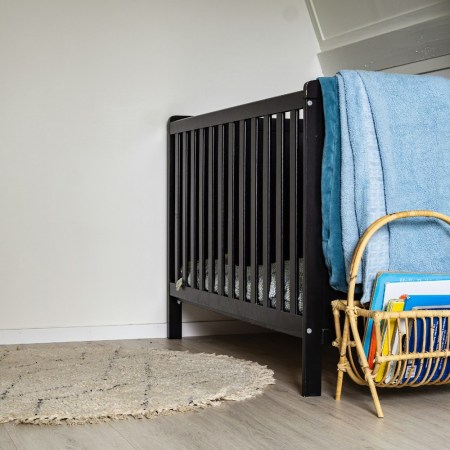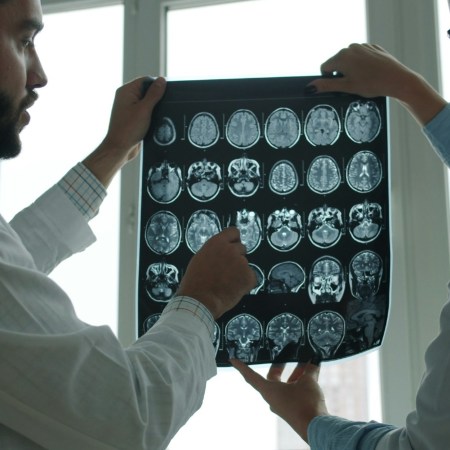The future of live music remains largely up in the air, thanks to the coronavirus pandemic. But scientists in Germany hope to gain some insight into what future best practices for the industry might look like by holding a concert to determine how the virus spreads at mass gatherings.
On August 22, scientists funded by the federal states of Saxony-Anhalt and Saxony will hold a concert by singer-songwriter Tim Bendzko at an arena in Leipzig. The volunteer attendees, healthy people aged 18 to 50, will be tested for COVID-19 48 hours prior to the show and only allowed to enter if they test negative. They’ll also each be provided with an FFP2 filter face mask and a fluorescent hand sanitizer that will allow the scientists to track which surfaces are most often touched by audience members.
“The corona pandemic paralyzes the event industry. As long as there is a risk of contagion, no major concerts and trade fairs or sports events are allowed. That is why it is so important to find out which technical or organizational framework can effectively minimize the risk of infection,” professor Armin Willingmann, Saxony-Anhalt’s Minister of Economics, said in a statement.
Participants in the experiment will also be given an electronic tag that will track data about their distance, duration and frequency of contact with other audience members. That data will be fed into a computer model, which will use it to track the efficiency of three different live music scenarios in preventing the spread of the virus: one that will be just like pre-COVID setups (though with necessary precautions like face masks) with 4,000 participants, another also with 4,000 participants in which the entrance and movement of the audience is controlled, and a third simulation with just 2,000 participants where five feet of social distancing is maintained between seat rows.
“If we want to allow major events again in the future, we need scientific knowledge about how we can minimize the risk of infection and create more security for all participants,” Petra Köpping, Saxony’s Minister of State for Social Affairs and Social Cohesion, said. “I am very happy that we can support such an important project across borders and thus enable the way back to more normality. Because, of course, major events are to take place again in the future, but as the government, we also have to assume our responsibility for protecting the population.”
Subscribe here for our free daily newsletter.
Thanks for reading InsideHook. Sign up for our daily newsletter and be in the know.


















